Things To Consider When Selling Your House






If you're thinking about selling your house, it's probably because something in your life is different, not because of how the housing market is doing.
While things like mortgage rates and home prices play a big role in your decision, market factors aren't the only thing to consider when making a move. You should also take time to really reflect on why you want to move in the first place. Have your needs changed? Is your current house too big or too small? These things matter too. And sometimes they may matter more than rates or prices. As a recent article from Realtor.com says:
“No matter what interest rates and home prices do next, sometimes homeowners just have to move due to a new job, new baby, divorce, death, or some other major life change.”
Here are a few of the most common reasons people choose to sell. You may find any one of these resonates with you and may be reason enough to move.
1. Relocation
Some of the things that can motivate a move to a new area include changing jobs, a desire to be closer to friends and loved ones, wanting to live in your ideal location, or just looking for a change in scenery.
For example, if you just landed your dream job in another state, you may be thinking about selling your current home and moving for work.
Many homeowners decide to sell to move into a larger home. This is especially common when there’s a need for more room to entertain, a home office or gym, or additional bedrooms to accommodate a growing number of loved ones.
Homeowners may also decide to sell because someone’s moved out of the home recently and there’s now more space than needed. It could also be that they’ve recently retired or are ready for a change
Divorce, separation, or marriage are other common reasons individuals sell.
If a homeowner faces mobility challenges or health issues that require specific living arrangements or modifications, they might sell their house to find one that works better for them.
For example, if you’re living in a condo and your household is growing, it may be time to find a home that better fits those needs.
For example, you’ve just kicked off your retirement and you want to move somewhere warmer with less house to maintain. A different home may be better suited for your new lifestyle.
For example, if you’ve recently separated, it may be difficult to still live under one roof. Selling and getting a place of your own may be a better option.
For example, you may be looking to sell your house and use the proceeds to help pay for a unit in an assisted-living facility.
Mortgage rates and home prices are a part of your decision, but there’s more to consider – like if your needs have changed. To make sure you have someone to explain the latest on today’s market and help you weigh your options, let’s connect.

Wondering if it still makes sense to sell your house right now? The short answer is, yes. And if you look at the current number of homes for sale, you’ll see two reasons why.
An article from Calculated Risk shows there are 38.4% more homes for sale now compared to the same week last year. That tells us inventory has grown. But going back to 2019, the last normal year in the housing market, there are about 36% fewer homes available now:
Inventory Is Rising, But It’s Still Low
As Compared to the Same Time in Previous Years (as of June 3rd)
Same week in 2023
Same week in 2019
Source: Calculated Risk
Here’s a breakdown of how today’s inventory benefits you when you sell.
Are you thinking about selling because your current house is too big, too small, or because your needs have changed? If so, the year-over-year growth gives you more options for your home search. That means it may be less of a challenge to find what you’re looking for.
So, if you were holding off on selling because you were worried you weren’t going to find a home you like, this may be just the good news you needed. Partnering with a local real estate professional can help you make sure you’re up to date on the homes available in your area.
But to put that into perspective, even though there are more homes for sale now, there still aren’t as many as there’d be in a normal year. Remember, the data from Calculated Risk shows we’re down about 36% compared to 2019. And that large a deficit won't be solved overnight. As a recent article from Realtor.com explains:
“. . . the number of homes for sale and new listing activity continues to improve compared to last year. However the inventory of homes for sale still has a long journey back to prepandemic levels.”
For you, that means if you work with an agent to price your house right, it should still get a lot of attention from eager buyers and could sell fast.
If you're a homeowner looking to sell, now's a good time. You'll have more options when buying your next home, and there's still not a ton of competition from other sellers. If you’re ready to move, let’s connect to get the ball rolling.

To keep it simple, today’s inventory situation means it’s still a seller’s market. Here’s how it works:
• A neutral market is when supply and demand is balanced. Basically, there are enough homes to meet buyer demand based on the current sales pace, and home prices hold fairly steady.
• A buyer’s market is when there are more homes for sale than there are buyers. When that happens, buyers have more negotiation power because sellers are willing to make compromises to close the deal. In a buyer’s market, sellers may have to do price cuts to re-ignite interest in their home, and prices may go down. But we haven’t seen this for years since there are so few homes available to buy.
• In a seller’s market, it’s just the opposite. When the supply of homes for sale is low, it’s much harder for buyers to find homes to purchase. That creates increased competition among purchasers which can lead to more bidding wars. And if buyers know they may be entering a bidding war, they’re going to do their best to submit a very attractive offer upfront. This could drive the final sale price of your house up.
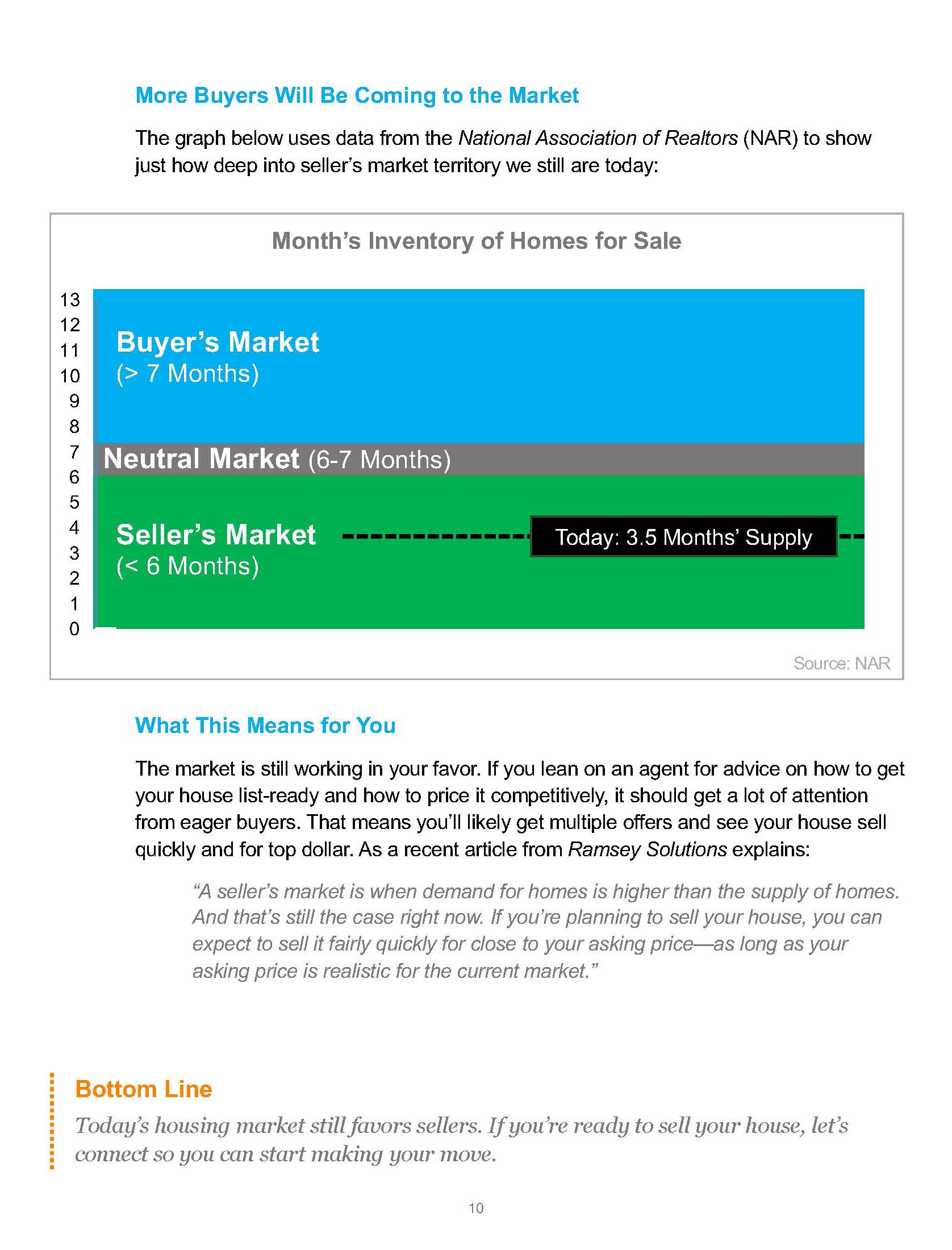

Are you on the fence about selling your house due to today's mortgage rates and home prices? Understanding your home equity could be the key to making your decision to sell that much easier.
An article from Bankrate explains exactly what equity is and how it grows:
“Home equity is the difference between your home’s value and the amount you still owe on your mortgage. It represents the paid-off portion of your home.
You’ll start off with a certain level of equity when you make your down payment to buy the home, then continue to build equity as you pay down your mortgage. You’ll also build equity over time as your home’s value increases.”
Think of equity as a simple math equation. It’s the value of your home now minus what you owe on your mortgage. And guess what? Recently, your equity has probably grown more than you think.
In the past few years, home prices skyrocketed, which means your home’s value – and your equity – likely shot up, too. So, you may have more equity than you realize.
Homeowners have a lot of equity right now. And the latest data from the Census and ATTOM shows over two-thirds of homeowners have either completely paid off their mortgages (shown in green in the chart below) or have at least 50% equity (shown in blue in the chart below):
Americans Sitting on Tremendous Equity
67.4% Have Paid Off Their Mortgage or Have at Least 50% Equity
Own the Home
Free and Clear
27.8%
33.9% 39.3%
Mortgaged Homes with More Than 50% Equity
Mortgaged Homes with Less Than 50% Equity
Sources: Census, ATTOM
That means roughly 70% have a tremendous amount of equity right now.
After you sell your house, you can use your equity to help you buy your next home. Here’s how:
• Be an all-cash buyer: If you’ve been living in your current home for a long time, you might have enough equity to buy your next home without having to take out a loan. If that’s the case, you won’t need to borrow money or worry about mortgage rates.
• Make a larger down payment: Your equity could also be used toward your next down payment. It might even be enough to let you put a larger amount down, so you won’t have to borrow as much money. The Mortgage Reports explains:
“Borrowers who put down more money typically receive better interest rates from lenders. This is due to the fact that a larger down payment lowers the lender’s risk because the borrower has more equity in the home from the beginning.”
Planning a move? Your home equity can really help you out. Let’s connect to see how much equity you have and how it can help with your next home.

Open blinds or curtains to let the light in

Check lightbulbs and replace as needed

Take down personal photos or items

Fix anything that’s broken

Give every room a clear purpose
As you get ready to sell your house, add these items to your to-do list. A real estate professional will also provide other helpful tips based on your specific situation.

Clean your vents and baseboards

Vacuum, mop, or sweep floors

Declutter throughout

Organize countertops, cabinets, and closets

Touch up any scuffs on the walls

Power wash outdoor surfaces

Wash the windows (inside and out)
Tidy up the landscaping

Freshen up your entry

Sweep patios, decks, and walkways

We’re well versed in the housing market and know the ins and outs of the entire process.
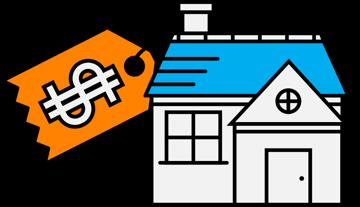
We help you understand today’s real estate values when setting the price of a listing or making an offer to purchase your next home.

Marketing and Exposure
We have effective marketing tools and networks to attract more buyers.
Thinking of buying or selling a home? Here are just a few reasons why you’ll want a trusted real estate professional on your side.

We simply and effectively explain today’s market conditions and what they mean for you.

We help with all of the disclosures and documents necessary in today’s heavily regulated environment.

We act as a buffer in negotiations with all parties throughout the entire transaction.




BATTLE CREEK (B)
15150 S. Helmer Road
Battle Creek, MI 49015
Office: 704-1000
Fax: 704-1001
Toll Free: 855-869-2236
414 MILHAM (414)
414 W. Milham Avenue
Portage, MI 49024 Office: 381-7653
Fax: 381-6410
Toll Free: 800-959-0759
328 MILHAM (328)
328 W. Milham Avenue
Portage, MI 49024
Office: 216-4222
Fax: 459-6296
Toll Free: 800-843-6443
DRAKE (D)
221 S. Drake Road
Kalamazoo, MI 49009
Office: 341-4300
Fax: 567-7710



MUSKEGON
1141 E Sherman Blvd
Norton Shores, MI 49444
Office: (231) 903-4427
Fax: (616) 257-9578
PLAINWELL (P)
302 S. Main Street
Plainwell, MI 49080
Office: 685-6858
Fax: 685-9912
Toll Free: 888-631-3200
RICHLAND (R)
12374 East D Avenue
Richland, MI 49083
Office: 629-5612
Fax: 629-5776
Toll Free: 800-466-3908
202 W. Center St., P.O. Box 997 Douglas, MI 49406
Office: 857-8030
I'm sure you have questions and thoughts about the
Toll Free: 888-379-7711
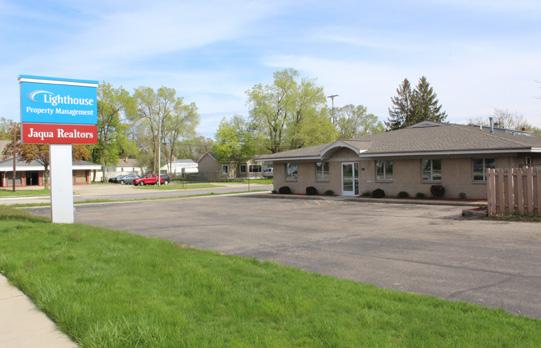
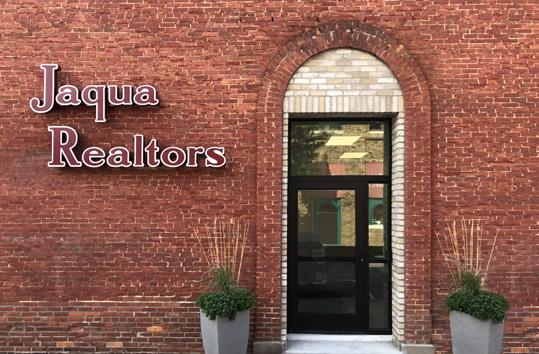
GRAND RAPIDS (G)
202 44th Street SW
Grand Rapids, MI 49548
Office: 616-369-1991
Fax: 616-257-9578
HASTINGS (H)
100 S. Jefferson Suite A Hastings, MI 49058 Office: 224-5227
Fax: 704-1001
Toll Free: 855-869-2236

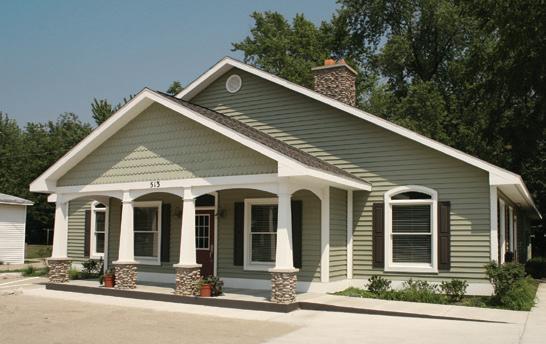

Fax: 857-4140
Toll Free: 888-764-2836
estate process. I'd love to talk with you about what you've read here and help you on the path to selling your house. My contact information is below, and I look forward to working with you. LCrossley@JaquaRealtors.com www.JaquaRealtors.com 269-998-0123
SOUTH HAVEN (SH)
513 Broadway Street
South Haven, MI 49090
Office: 637-6537
Fax: 637-9037
Toll Free: 888-764-2836
ST. JOSEPH (J)
4233 Red Arrow Highway
Stevensville, MI 49127
Office: 983-8051
Fax: 983-8041

